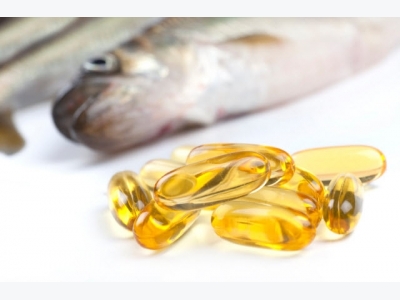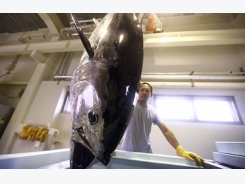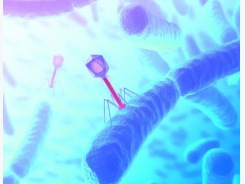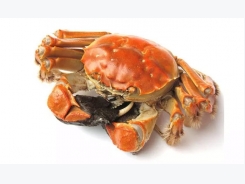Boost for fishmeal and fish oil sustainability

The aquaculture feed industry has been praised for its role in increasing the sustainability of the world’s reduction fisheries.
The view was expressed in the Sustainable Fisheries Partnership’s (SFP) annual sustainability overview of reduction fisheries for 2017. The overview covers 20 of the most significant fisheries used for the production of fishmeal and fish oil, but does not include reduction fisheries in Asia because of limited data availability.
The fisheries are rated according to the sustainability assessment presented on www.fishsource.org and using data that was publicly available in August 2017.
The report concludes that for the 20 stocks analyzed in 2017:
The aquaculture feed industry has played an important role in promoting improvement through its support for fishery improvement projects. The fishmeal and fish oil sector has also played a strong role in promoting more responsible management of reduction fisheries.
81 percent of the total catch volume in this analysis comes from stocks that are reasonably well managed or better — Categories A + B1 + B2 (ie that score 6 or above on all five FishSource criteria). This compares to 57.4 percent last year — a very large improvement.
2.2 percent of the total catch volume of the reduction fisheries in this analysis comes from stocks in very good condition (Category A).
Seventeen percent (1.7 million tonnes) of the total catch for reduction purposes comes from poorly managed fisheries (Category C), a significant drop compared to 42.6 percent last year.
Out of the 20 stocks of this overview, 10 have fisheries that are already covered by the MSC program, 19 have fisheries that are covered by the IFFO Responsible Sourcing certification, and three are covered by fishery improvement projects (FIPs) that are making good progress. According to the available estimates, more than two thirds of the production covered in this overview are coming from fisheries that are MSC certified or under full assessment (25 percent), or in a FIP that is making good progress (44 percent).
There have been important fishery improvement projects launched in the past year for reduction fisheries — particularly for Peruvian anchovy (north-central stock) and Mauritanian small pelagic species.
The situation is still far from satisfactory in Asia. A substantial amount of fishmeal in the Asian region comes from mixed trawl fisheries. These fisheries are poorly documented and managed. There is a clear need for industry to play a role in supporting fishery improvement projects in this region to ensure that eventually all fishmeal and fish oil are derived from sustainably managed fisheries.
Commenting on the report, Blake Lee-Harwood, Strategy Director for Sustainable Fisheries Partnership, said: “This report shows a real improvement in the management of reduction fisheries and is a clear demonstration that the fishmeal and fish oil sector is on a very positive trend toward sustainability. There is still a huge challenge in Asia but with enough support from industry and government we can hope for similar levels of improvement there as well.”
Trygve Berg Lea, Sustainability Manager at Skretting Group, said: “We can only develop sustainable nutritional solutions if we are a part of a responsible and continuously improving supply chain. Though the aqua feed industry has put much effort into reducing the level of fishmeal and fish oil in the feed, these feed ingredients still are important and nutritionally valuable for a growing aquaculture production. For fishmeal and fish oils, Skretting works toward the goal that they must be sourced from fisheries meeting the requirements of the FAO Code of Conduct for Responsible Fisheries. The Sustainable Fisheries Partnership is a valuable partner in monitoring and documenting how we progress toward this goal.”
Related news
Tools

Phối trộn thức ăn chăn nuôi

Pha dung dịch thủy canh

Định mức cho tôm ăn

Phối trộn phân bón NPK

Xác định tỷ lệ tôm sống

Chuyển đổi đơn vị phân bón

Xác định công suất sục khí

Chuyển đổi đơn vị tôm

Tính diện tích nhà kính

Tính thể tích ao




 Diversification in aquaculture: lessons to be learnt
Diversification in aquaculture: lessons to be learnt  Crab makes debut on certification scheme
Crab makes debut on certification scheme